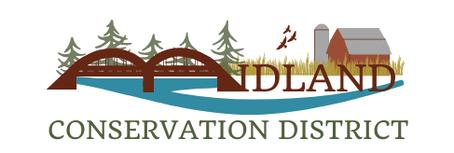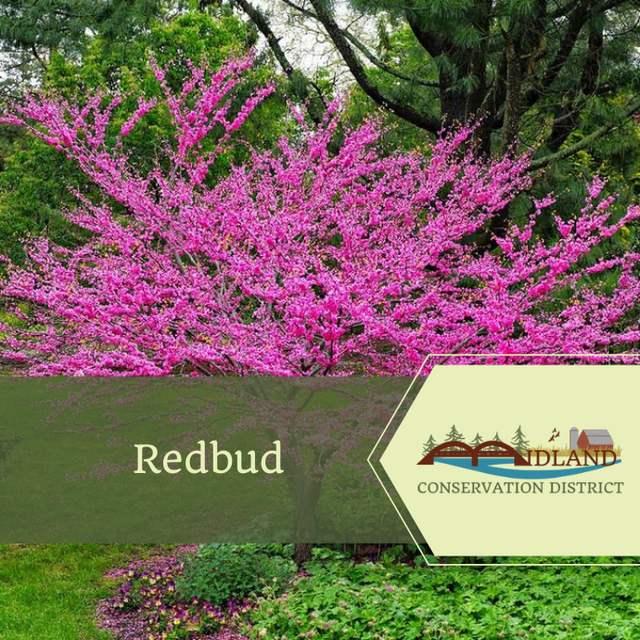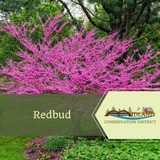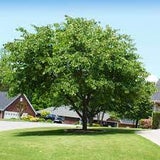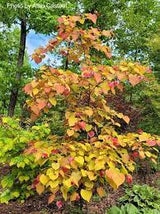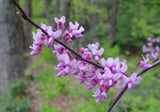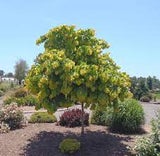Redbud
At a Glance
Latin Name: Cercis canadensis
Zones: 4-9
Other common names: Redbud, Eastern redbud, Judas-tree
Mature Height: 25-35 ft. Redbud is a large shrub or small tree.
Soil / Climate: Redbud is native to eastern North America, full sun to light shade, likes a moist, well-drained, soil, but is adaptable to most soils that are not permanently wet.
Notes: lavender flowers in spring, leaves turn yellow in fall, The winter buds are tiny, rounded and dark red to chestnut in color. The flowers are showy appearing in clusters from March to May. Makes a good lawn tree for small residences.
Works well in small groupings, near utility lines.
Wildlife: The seeds provide winter food for birds. Cardinals, northern bobwhite, ring-necked pheasants, rose-breasted grosbeaks and chickadees like the seeds.
White-tailed deer and gray squirrels have been observed snacking on the seeds as well. Flowers of the tree are regarded as important in the production of honey by bees.
-Winter food source for wildlife
-Provides habitat for bees
-Fall transplanting not recommended
-Frost damage possible
Purchase Size: 1-2 ft.
USDA NRCS Species Information
